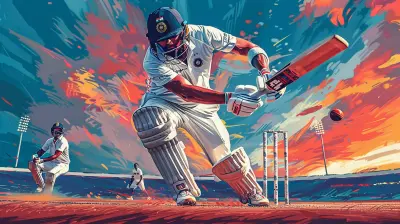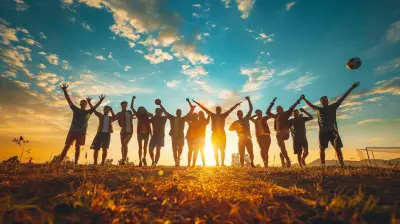Athletes Who Have Turned Their Fame Into Political Influence
13 June 2025
In the world of sports, athletes often become household names. Their faces are splashed across TV screens, billboards, and social media feeds. They're admired for their physical prowess, competitive spirit, and the grit it takes to reach the top of their game. But for some of these sports stars, the story doesn't end after the final whistle blows. A select few have managed to parlay their fame into something much bigger—political influence.
Now, this isn't just about tossing on a suit and delivering a few speeches. These athletes genuinely step into the world of governance, policymaking, and sometimes even international diplomacy. Some have become mayors, governors, or even presidents. Let’s dive into how they've made this transition and what makes their journey so intriguing.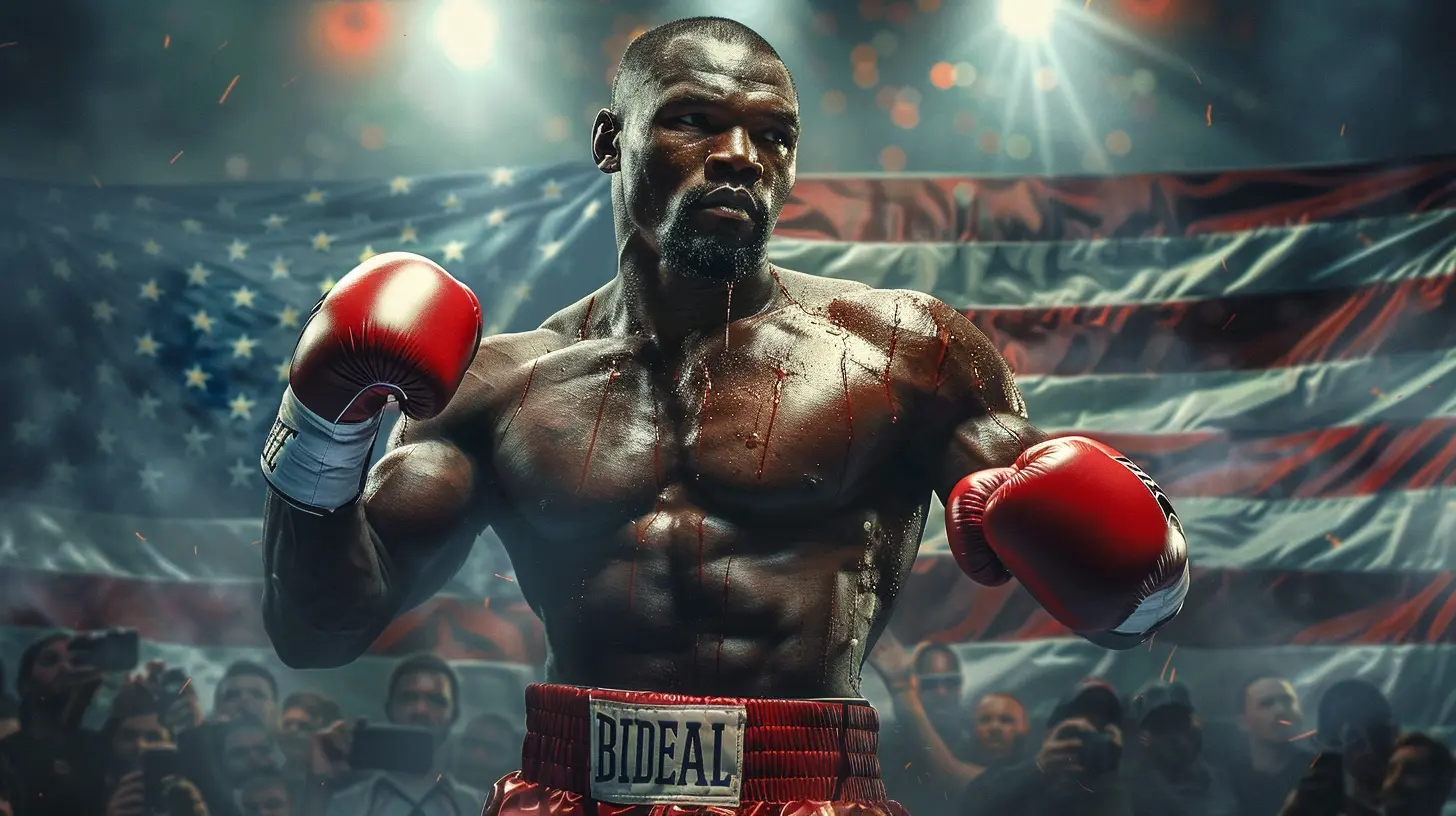
Why Do Athletes Make Great Politicians?
You might be wondering—what makes someone who's been tossing footballs or running marathons suited for the world of politics?Well, think about what it takes to be a successful athlete: discipline, resilience, leadership, and an unwavering commitment to excellence. These are the same qualities we hope to see in effective political leaders. Athletes are also no strangers to public scrutiny. They've faced the pressure of performing in front of massive audiences and dealing with the highs and lows of public opinion.
Plus, let’s be honest—popularity matters in politics. And who’s more recognizable than a world-famous athlete?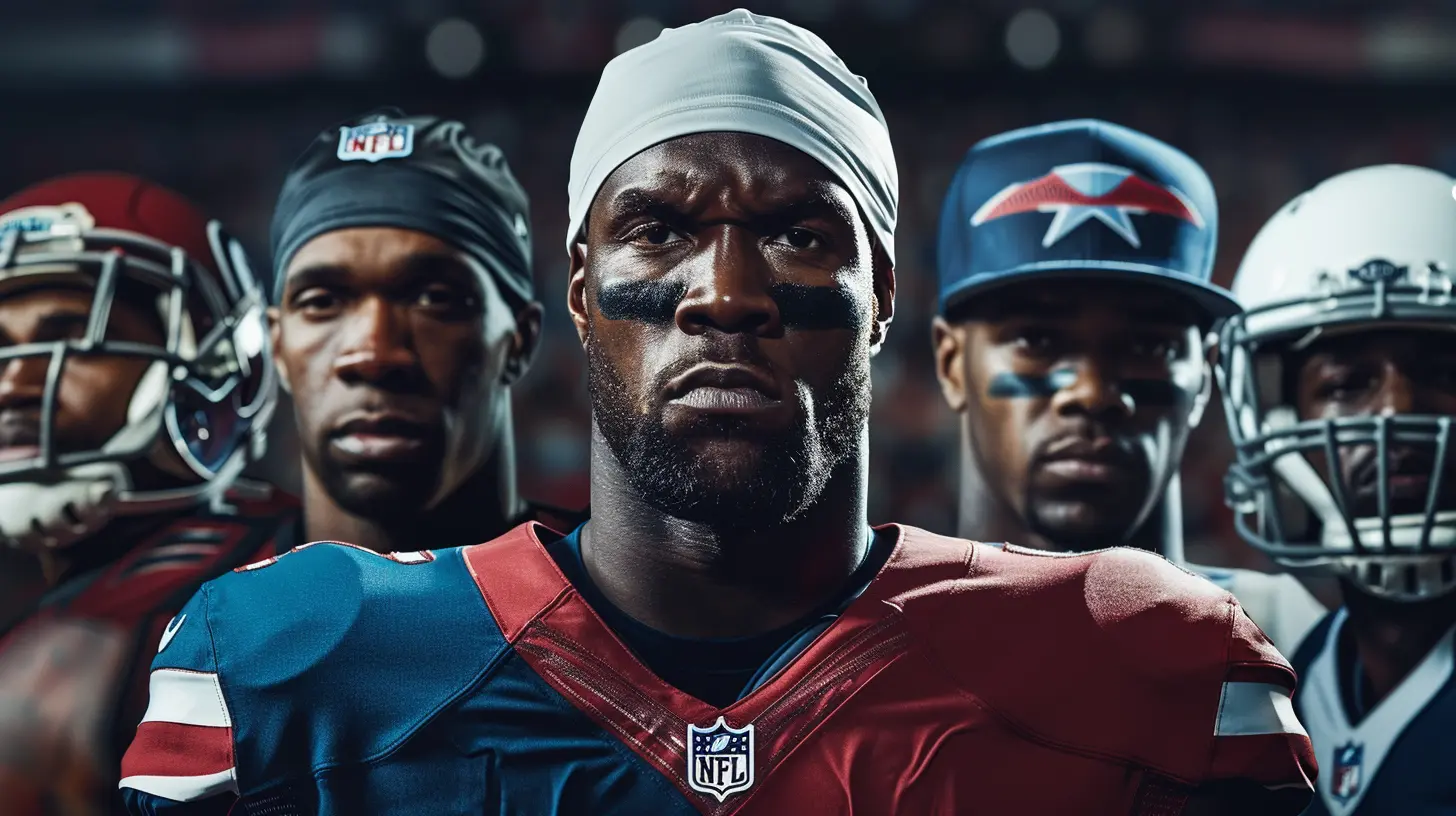
1. Manny Pacquiao – From Boxing Ring to Senate Floor
Manny “PacMan” Pacquiao is one of the most iconic figures in boxing history. But did you know he’s also a heavyweight in the political arena?Hailing from the Philippines, Pacquiao used his fame and rags-to-riches story to launch a political career that began in 2010 when he was elected to the Philippine House of Representatives. By 2016, he’d leveled up to become a senator.
Pacquiao made headlines again when he ran for the presidency in 2022. While he didn't win, his transition from the ring to the ballot box shows how influential athletes can become.
Why it worked: Pacquiao’s deep connection to the people, especially the underprivileged, made his political message resonate. People saw in him a fighter—not just in sports, but for social change.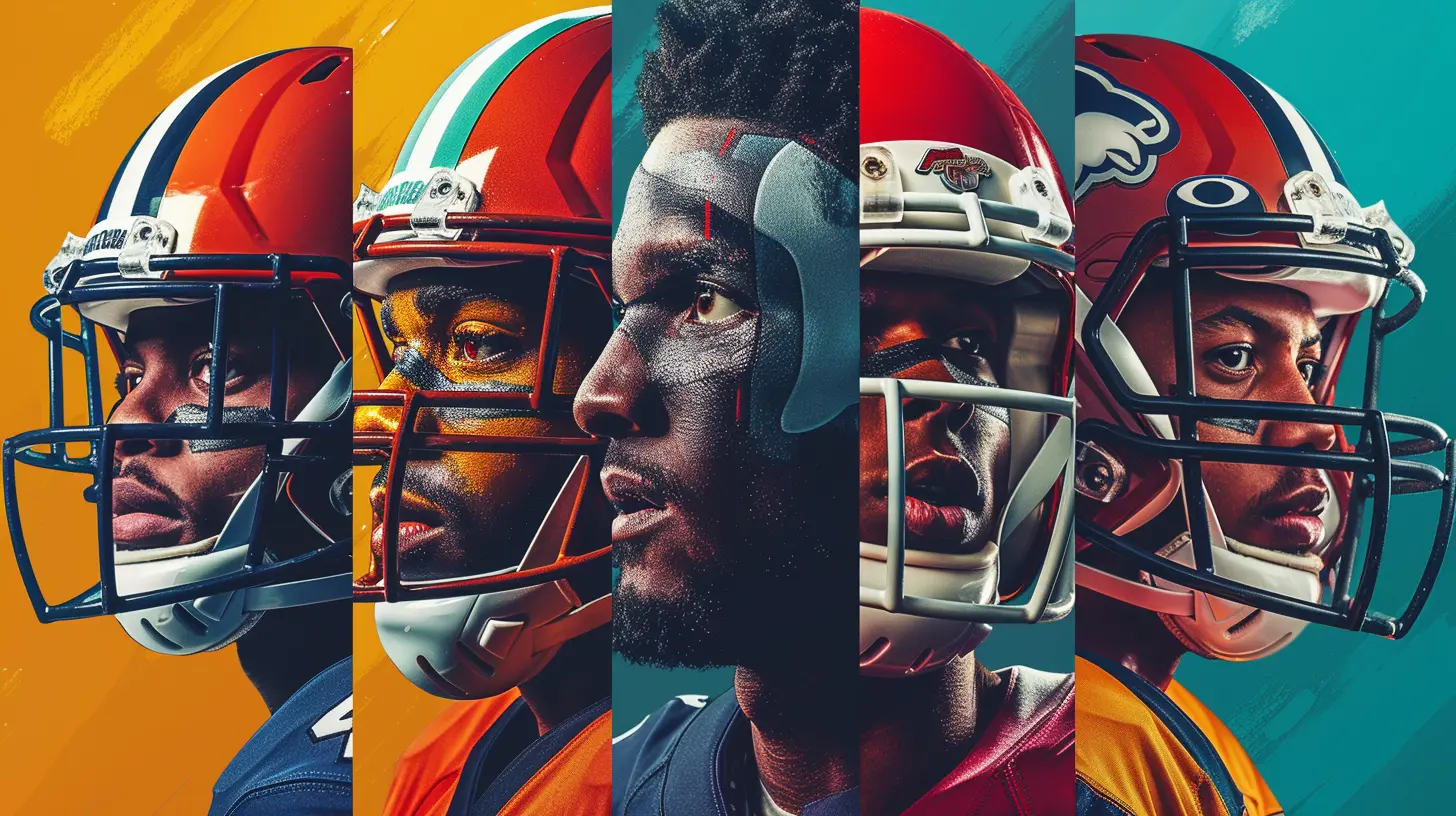
2. Imran Khan – From Cricket King to Prime Minister
Imran Khan is practically royalty in the cricket world. He captained Pakistan to its first-ever Cricket World Cup win in 1992, and his charisma made him a national hero.Fast forward a few years, and Imran swapped his cricket whites for politics, forming his own party, Pakistan Tehreek-e-Insaf (PTI). After multiple attempts, he finally became the Prime Minister of Pakistan in 2018.
Why it worked: Khan didn’t just rely on his sports fame. He built a grassroots movement and used his platform to speak against corruption and advocate for reform. His sports leadership seamlessly transitioned into political leadership.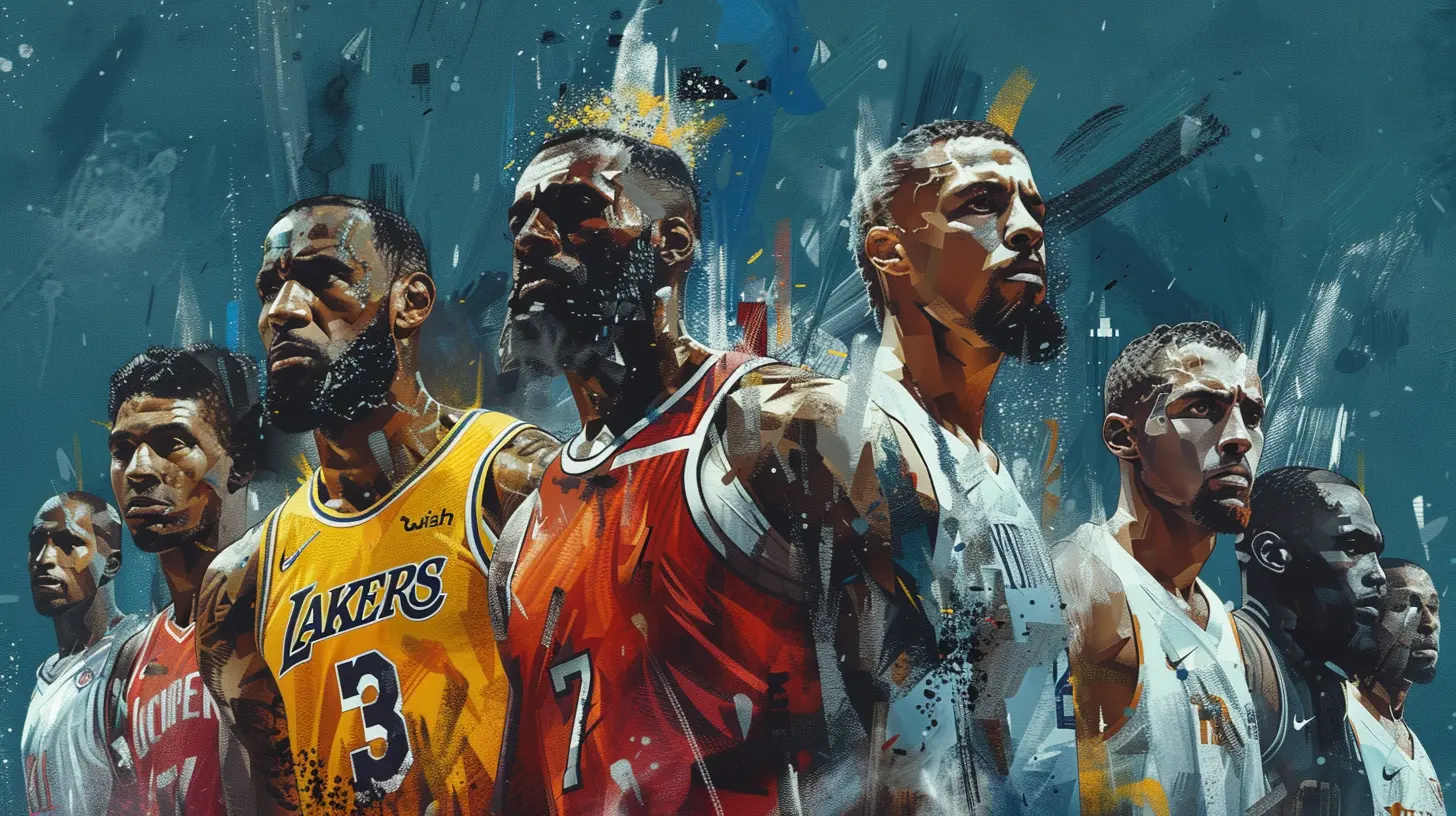
3. George Weah – The Footballer Who Became President
George Weah is a legend in the soccer world. The former AC Milan striker and FIFA World Player of the Year took a different route when his boots were hung up. He aimed high—and in 2018, he became the President of Liberia.Growing up in poverty, Weah understood the challenges many Liberians faced. His personal story gave him authenticity, and his football fame gave him a platform.
Why it worked: Weah's presidency is a powerful story of hope. People believed he could bridge the gaps between the elite and the common man. His journey from Monrovia’s slums to the presidential palace is nothing short of cinematic.
4. Arnold Schwarzenegger – The Bodybuilder Who Governed California
Okay, before you raise your eyebrows—yes, Arnold is more widely known as an actor. But let’s not forget, before Hollywood, he was a world-champion bodybuilder with multiple Mr. Olympia titles under his belt.In 2003, Arnold became the Governor of California, the most populous and economically powerful state in the U.S.
Why it worked: Schwarzenegger’s charisma, discipline, and larger-than-life personality carried over from the gym and the screen to the political stage. He ran as a moderate Republican and was able to attract voters from all political spectrums.
5. Bill Bradley – From NBA All-Star to U.S. Senator
Bill Bradley was an NBA star with the New York Knicks, winning two championships in the 1970s. But he wasn’t just about hoops—he was a Rhodes Scholar and had a keen interest in social justice and economic reform.After retiring from basketball, Bradley served three terms as a U.S. Senator from New Jersey and even ran for President in 2000.
Why it worked: Unlike some athletes who lean on fame, Bradley leaned on intellect. His resume combined athletic success with academic excellence, making him a credible and respected political figure.
6. Jack Kemp – The Quarterback Turned Congressman
Before he was a nine-term Congressman and a Vice-Presidential candidate, Jack Kemp was throwing touchdowns in the NFL.Kemp championed conservative economic policies, often promoting lower taxes and free markets. His background in sports helped him connect with the average American, especially during an era when the NFL was becoming a cultural staple in the U.S.
Why it worked: Kemp’s communication skills and relatable manner made him a political standout. His leadership as a quarterback transitioned naturally into effective political teamwork and strategy.
What Does It Take To Make the Leap?
Making the switch from sports to politics isn’t as easy as it seems. Just because you’re good at shooting hoops or scoring goals doesn’t mean you have what it takes to lead a nation or frame a policy.Here's what helps athletes make that leap:
- Authenticity: People can smell fake from a mile away. Athletes who stay true to their values tend to gain more trust.
- Communication skills: It’s not just what you say—it’s how you say it.
- A cause greater than themselves: The most successful athlete-politicians are driven by more than power or recognition. They usually have a genuine desire to serve.
- Good advisors: Nobody does it alone. Solid political mentorship and experienced advisors can make or break a campaign.
Do All Athlete-Politicians Succeed?
Nope—not even close.Fame can open doors, but it doesn’t guarantee success. Some athletes dive into politics only to realize the game is completely different. The rules are murkier, the field is rougher, and the stakes are insanely high.
There are plenty of cautionary tales—athletes who ran but couldn’t gain traction, or who got elected and quickly found themselves in over their heads. Fame is a strong engine, but without strategy, vision, and substance, it can burn out fast.
Is This Trend Growing?
Absolutely. As the influence of athletes continues to grow—especially with the rise of social media—it’s becoming more common to see them use their platforms for activism. Whether they’re speaking out on unfair laws, promoting education, or even launching campaigns, more athletes are testing the political waters.Just look at LeBron James. While he hasn’t run for office (yet), his constant involvement in social justice issues puts him in a powerful position to sway public opinion. The same goes for players like Megan Rapinoe, who use their fame to spotlight causes close to their hearts.
Final Thoughts: From Stadiums to Senate Chambers
At the end of the day, athletes moving into politics is one of the most fascinating crossovers in modern culture. It reminds us that sports isn’t just about entertainment—it’s about influence, passion, and sometimes, changing the world.While not every athlete is cut out for politics, those who are willing to put in the work, step outside their comfort zone, and commit to public service can make a real difference.
And maybe that’s what makes this trend so compelling—it’s not just the fame that matters. It’s what you do with it.
all images in this post were generated using AI tools
Category:
Sports CelebritiesAuthor:

Ruben McCloud
Discussion
rate this article
3 comments
Jude McSweeney
This article highlights the powerful intersection of sports and politics, showcasing how athletes leverage their fame to drive social change. It's inspiring to see influential figures use their platforms to advocate for important issues.
June 23, 2025 at 4:08 AM

Ruben McCloud
Thank you! I'm glad you found the article inspiring. Athletes truly can make a significant impact on social issues through their platforms.
Winona King
It's fascinating to see how athletes leverage their fame for social change! Their platforms not only amplify important issues but also inspire fans to get involved. Whether it's advocating for justice or championing health, these athletes remind us that the game extends far beyond the field. Keep shining!
June 20, 2025 at 3:04 AM

Ruben McCloud
Thank you! It's incredible how athletes can use their influence to drive meaningful change and inspire others. Their commitment truly demonstrates that their impact goes well beyond sports.
Renata Porter
It's fascinating to see how athletes leverage their fame for social change. Their unique platforms can spark vital conversations and inspire action. Which athlete’s influence surprised you the most?
June 17, 2025 at 2:59 AM

Ruben McCloud
Thank you! I was particularly surprised by Colin Kaepernick; his bold stance on racial injustice sparked a nationwide movement and reshaped the conversation around athlete activism.

